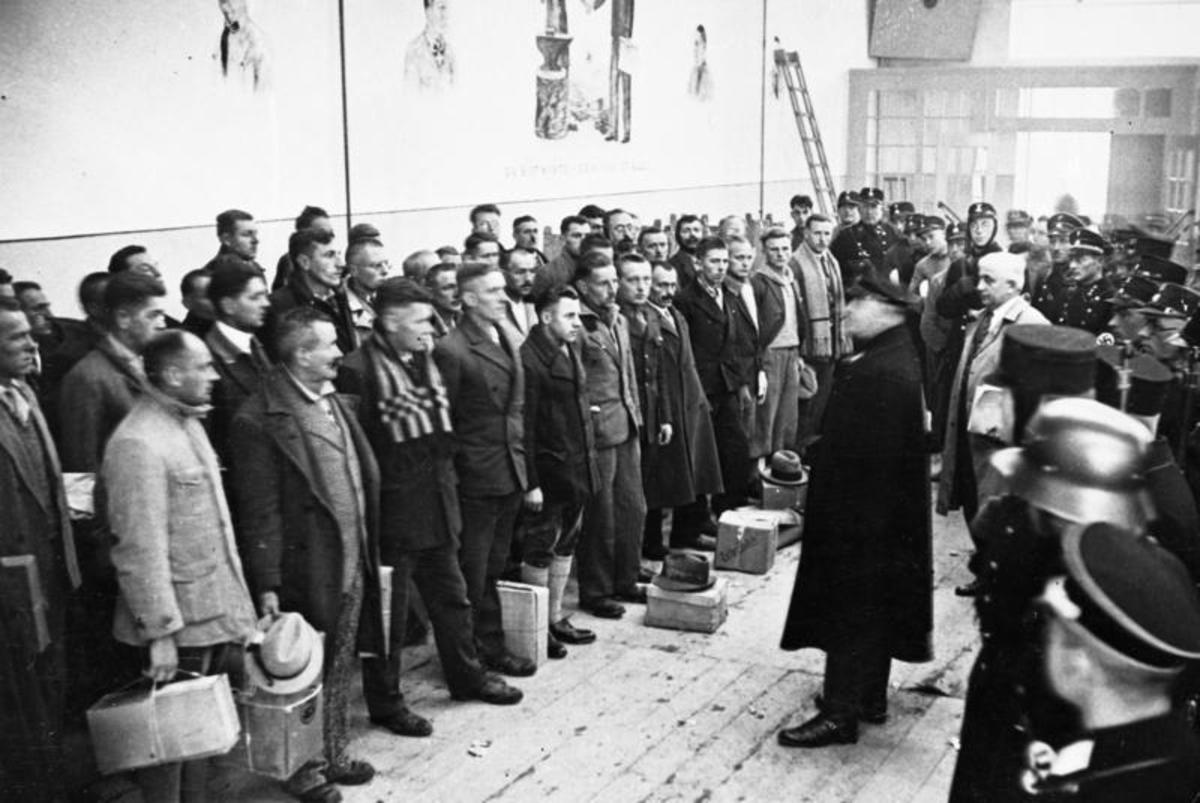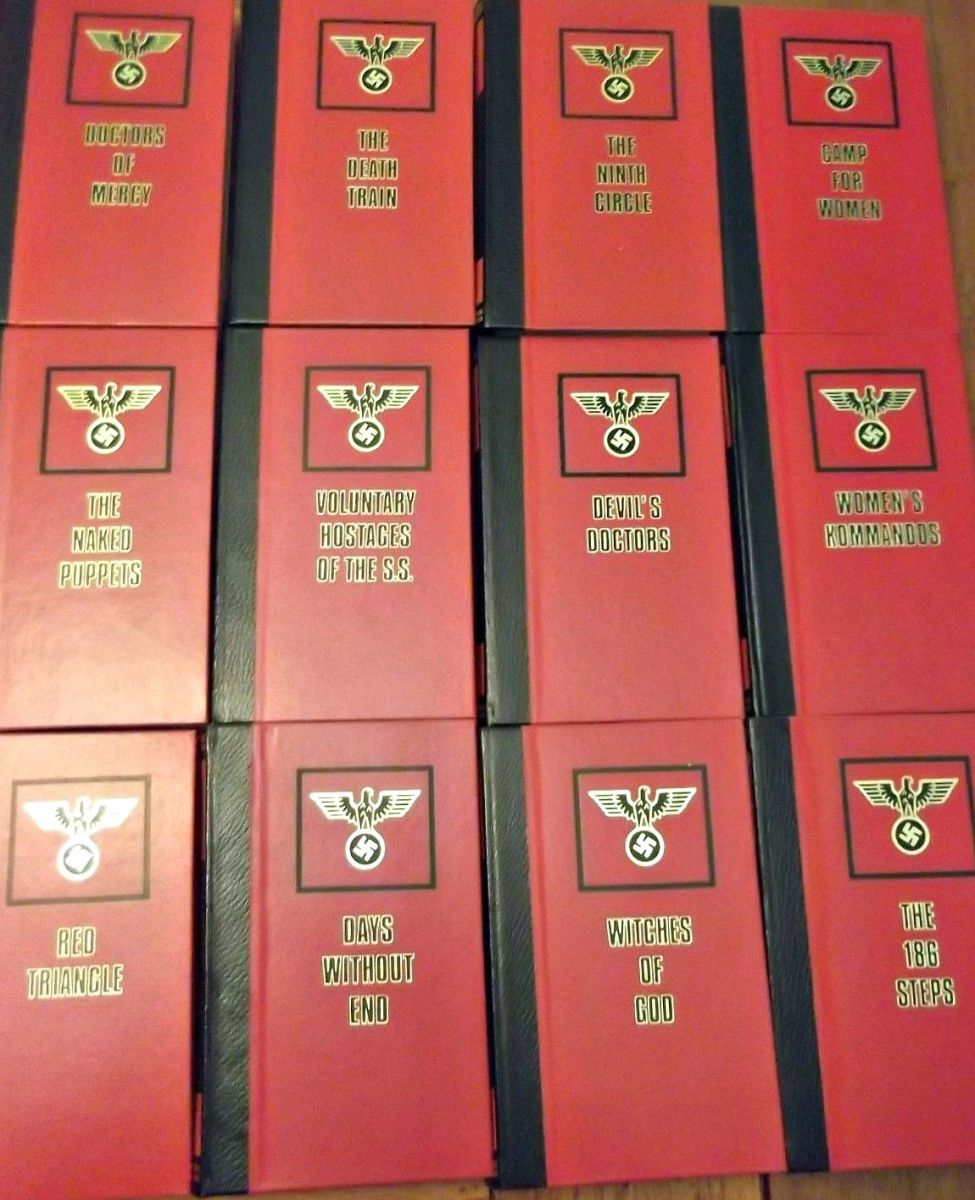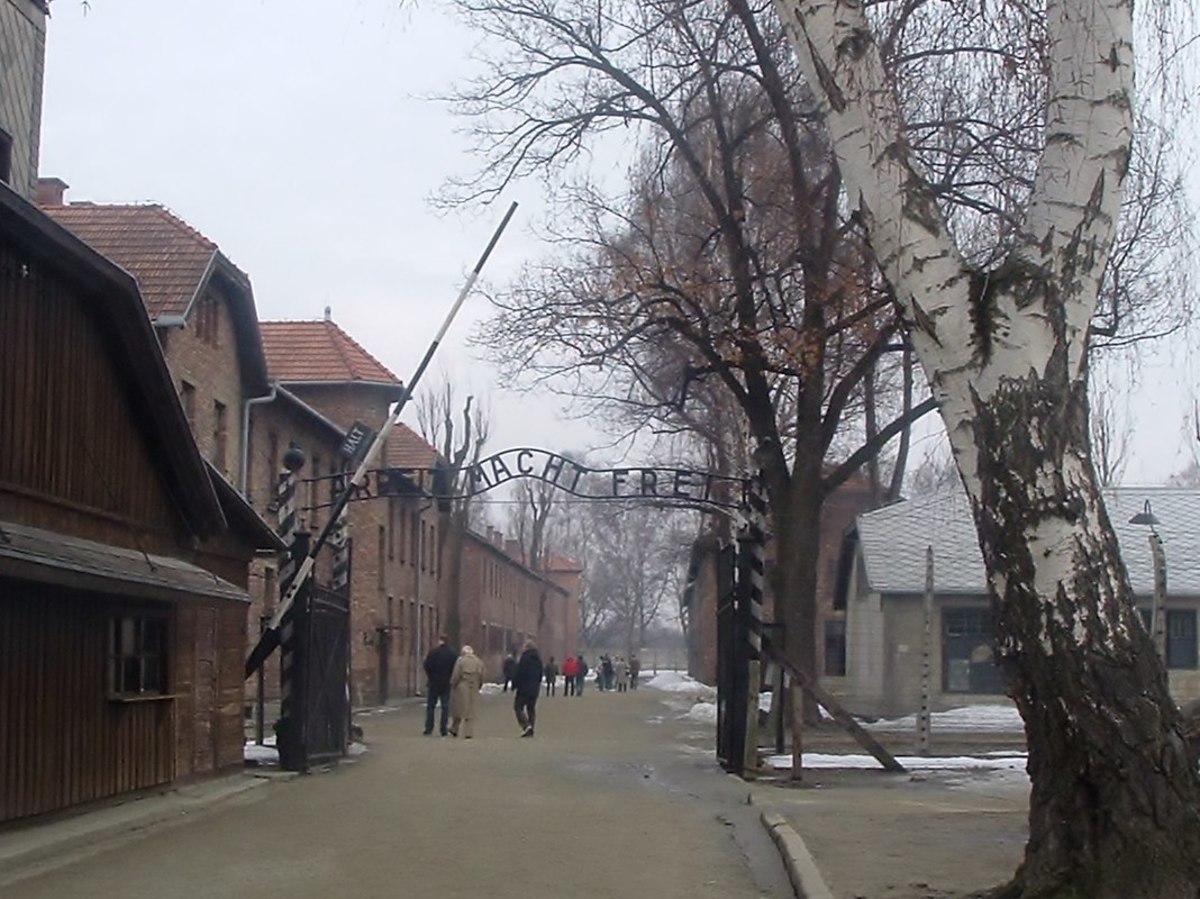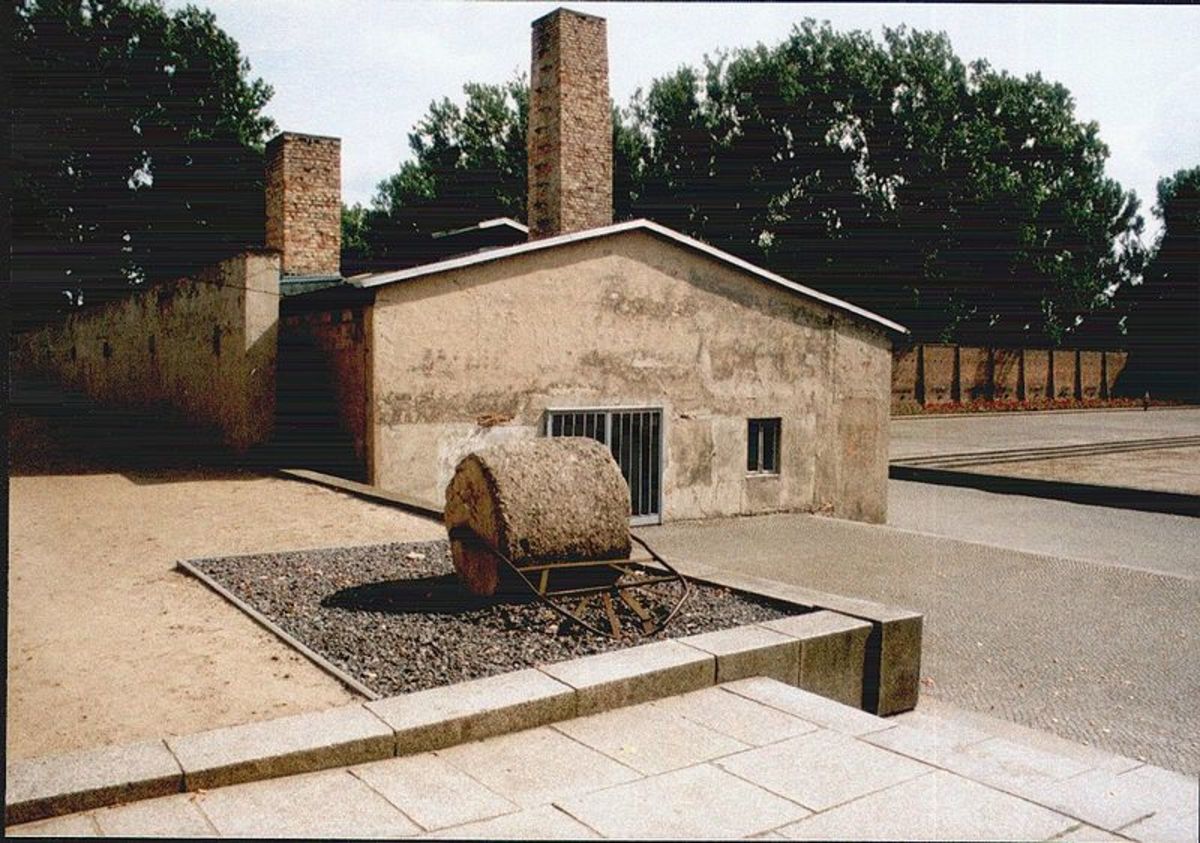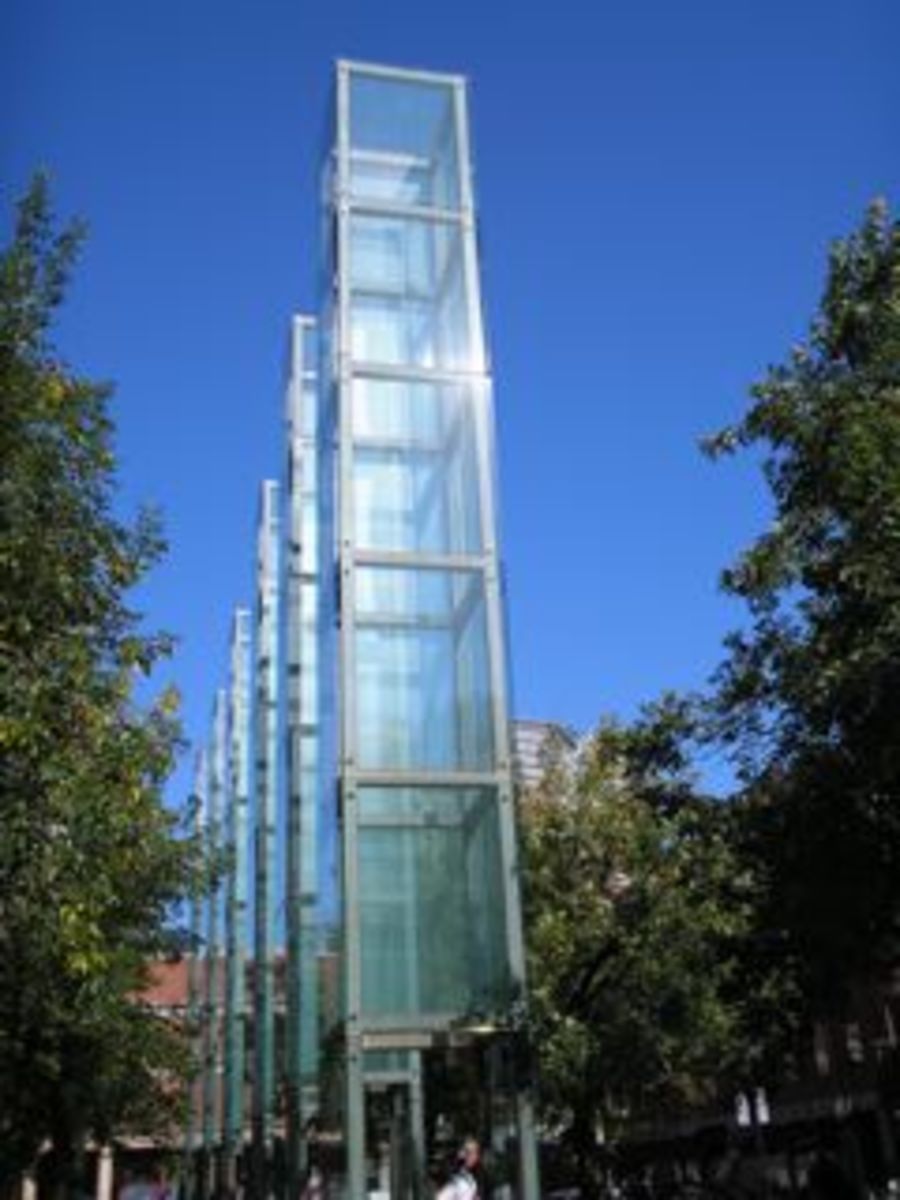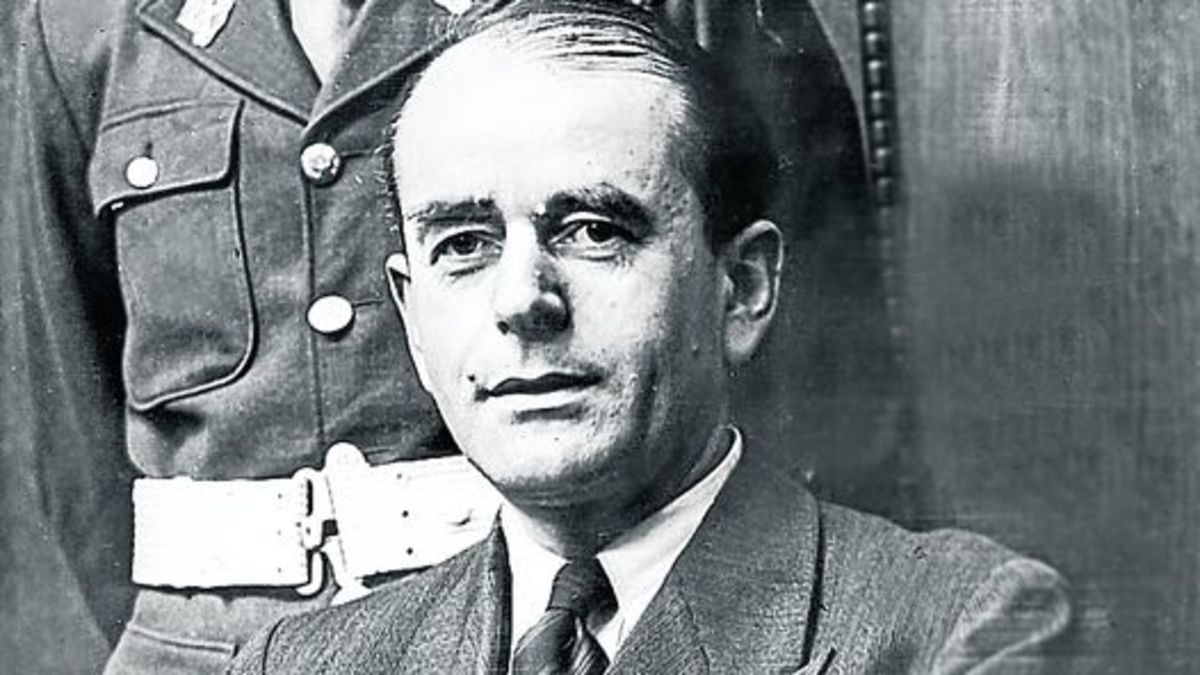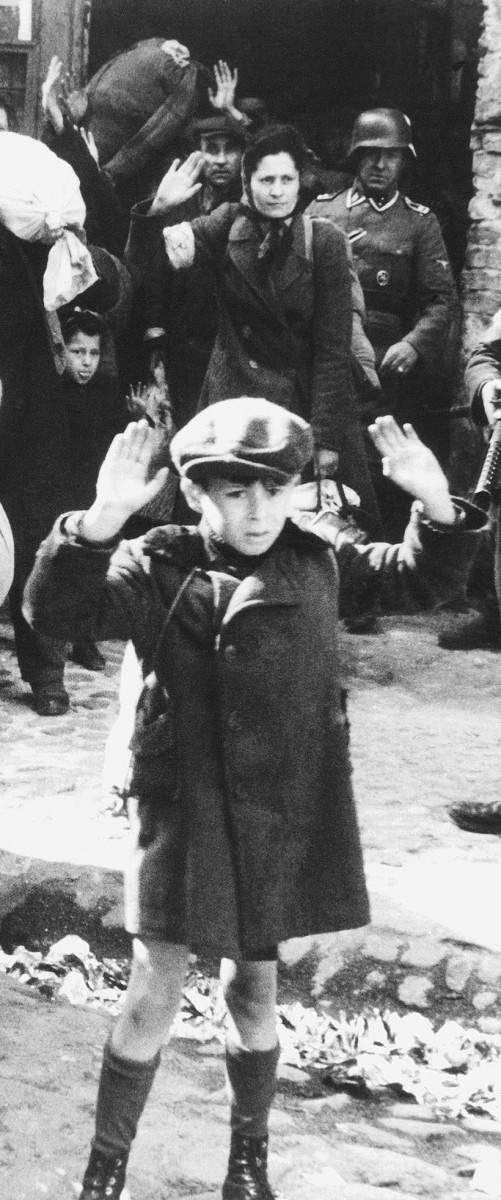- HubPages»
- Education and Science»
- History & Archaeology»
- History of the Modern Era»
- Twentieth Century History»
- World War II
Holocaust Day 2014
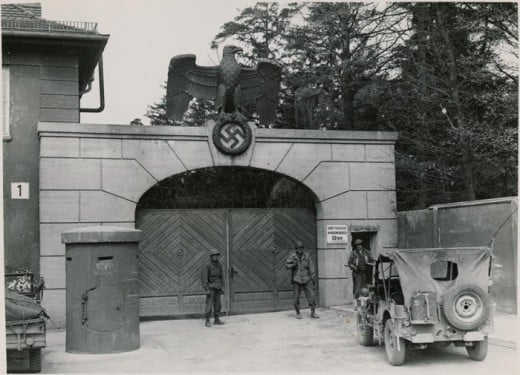
The day I'm writing this is Holocaust Day, commemorating the murder of some 6,000,000 Jews. I visited the Dachau Concentration Camp outside Munich, Germany a couple of times. In 2003, I wrote this article for a small magazine for Air Force personnel stationed in the UK. In fact I was asked to write it. It was not published because they deemed it to be controversial. I asked what was controversial about it - apparently it was "pro-Israel" or some such. I could say a lot about that but I’ll restrain myself. Anyway, here it is:
"Our forces liberated and mopped up the infamous concentration camp at Dachau. Approximately 32,000 prisoners were liberated; 300 SS camp guards were quickly neutralized.” (Dwight D. Eisenhower, April 1945)
Some years ago, during one of my first trips to Munich, Germany, I visited the former concentration camp, Dachau. It is, I assure you, a very sobering experience. Although Dachau was one of the smaller camps of the many the Nazis built around Europe, tens of thousands of people, the majority of them Jewish, were murdered there. What struck me at the time was the presence of such an evil place just outside the city of Munich, one of the greatest cities I have ever had the good fortune to visit. The people of Bavaria, of which Munich is the capital, are among the most friendly, fun-loving people I have run across in all my travels. Yet, in their midst, a Austrian megalomaniac named Adolf Hitler arose and led the world into a devastating world war. It seems totally incongruous that such a thing could happen in the idyllic, almost storybook atmosphere that is the land called Bavaria, but happen it did. I refer to an event that took place during the Second World War known as the Holocaust, the deliberate incarceration and subsequent murder of approximately six million Jews. (Lest we forget, some five million others perished in the concentration camps and in various other killing mechanisms of the Nazis as well.) Six million, eleven million – the numbers are staggering, the mind boggles at the thought. How does one commemorate such a heinous deed? What words (if any) are sufficient to express one’s feelings toward such an act, the deliberate attempt to totally exterminate a whole group of people, regardless of what they did, what positions in society they held, even regardless of the fact that many of them were actually decorated soldiers on the German army in World War I, simply because they were Jewish? What on earth possessed the Germans, the people who gave us Bach, Beethoven, Wagner, Goethe, Schiller, and so many other great men, to commit such an act? Greater minds than mine have pondered this question since 1945 and there are probably as many theories as there are theorists about the Holocaust (indeed, some people have denied that it even happened). The evidence is there for all to see, the graves, the crematoria, the ovens – entire generations of people missing from the world. A visit to Dachau should be enough to convince all but the most hard-line Holocaust deniers. Having never been to places such as Auschwitz, Bergen-Belsen, Treblinka – the list goes on and on – places where millions were exterminated – I can’t even imagine what one might feel visiting such monuments to man’s inhumanity to man.
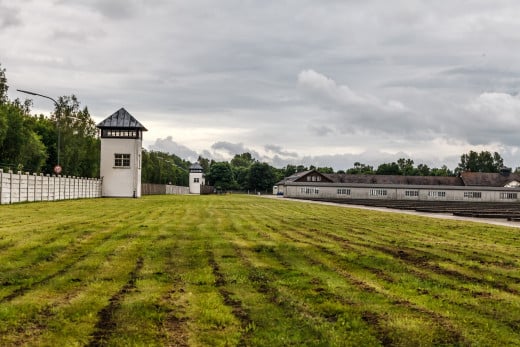
Holocaust deniers aside, the question remains: why? We will probably never know the precise answer. For myself, I have to be satisfied with the memory of two words I saw inscribed on a monument to the slain thousands at Dachau -- words made more poignant because, among other languages, they were written in German: Nie Wieder - "Never Again." Unfortunate though it may be, that will have to suffice.

